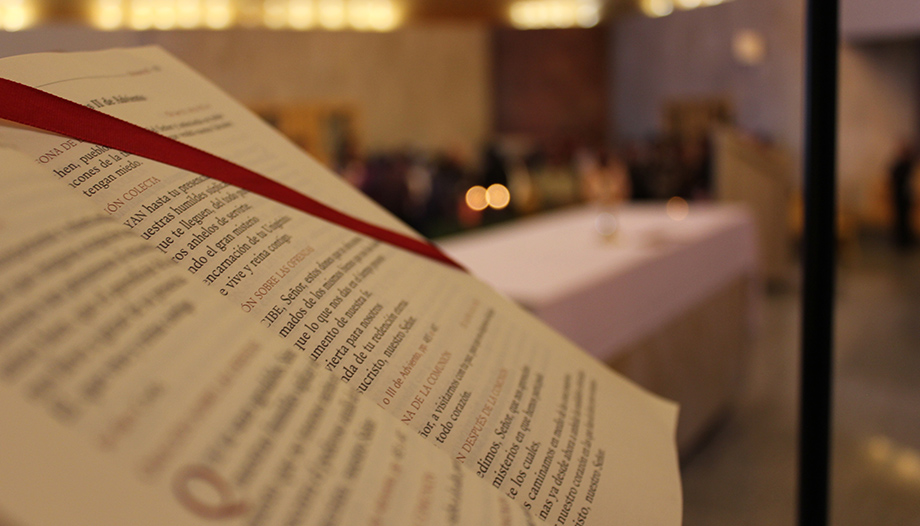Sorry: with this word we have summarized today's readings and said all that needed to be said.
The very mission of the Son of God on earth was a work of forgiveness, so if we want to be like Him and share His mission we must also forgive.
To forgive is already an act of evangelization, while the refusal to forgive is an act of blasphemy, even heresy, because it denies God.
It is deeply significant that when Jesus teaches us the Lord's Prayer as the perfect prayer, the model of Christian prayer, the only verse on which he insists is the one that calls us to forgive.
Having taught us to pray: "Forgive us our trespasses, as we forgive those who trespass against us."returns to this idea immediately after the sentence and says: "For if you forgive men their trespasses, your heavenly Father will also forgive you; but if you do not forgive men, neither will your Father forgive your trespasses.".
We think of forgiveness as a primarily Christian action, and it is, but it is not an exclusively Christian action.
The patriarch Joseph gives a wonderful example of forgiveness in the Old Testament, forgiving, when he could have killed them, his very brothers who had previously sold him into slavery.
And today's first reading, from the book of Sirach, tells us: "The avenger will suffer the vengeance of the Lord, who will keep an exact account of his sins. Forgive your neighbor's offense and, when you pray, your sins will be forgiven you.".
In today's Gospel, Jesus graphically expounds this same idea through the wonderful parable of the servant who is forgiven an enormous amount - millions, billions, in any modern currency - but then refuses to forgive another servant who owed him only a few thousand.
When he tells the master, who represents God, the master sternly tells the servant: "You wicked servant! All that debt I forgave you because you begged me; should not you also have had compassion on your companion, as I had compassion on you?".
The lesson is clear: to receive forgiveness, we must practice it with others.
It may seem unfair for God to impose this condition. Shouldn't a merciful God forgive even our unforgiveness? But let us remember that the refusal to forgive is like a form of spiritual poison.
As long as this resentment and bitterness are in our spiritual "lungs" we will be unable to breathe the pure air of heaven.
Heaven is the sharing of God's life and the refusal to forgive somehow expels life from us - like someone who cannot breathe under water: he runs out of oxygen - and expels us from this life. If love is the "oxygen" of heaven, we must forgive on earth.
Forgiveness is possibly the harshest form of love, but it ultimately leads to sharing in the divine life.
Homily on the readings of Sunday 24th Sunday in Ordinary Time (A)
The priest Luis Herrera Campo offers its nanomiliaA short one-minute reflection for these Sunday readings.









